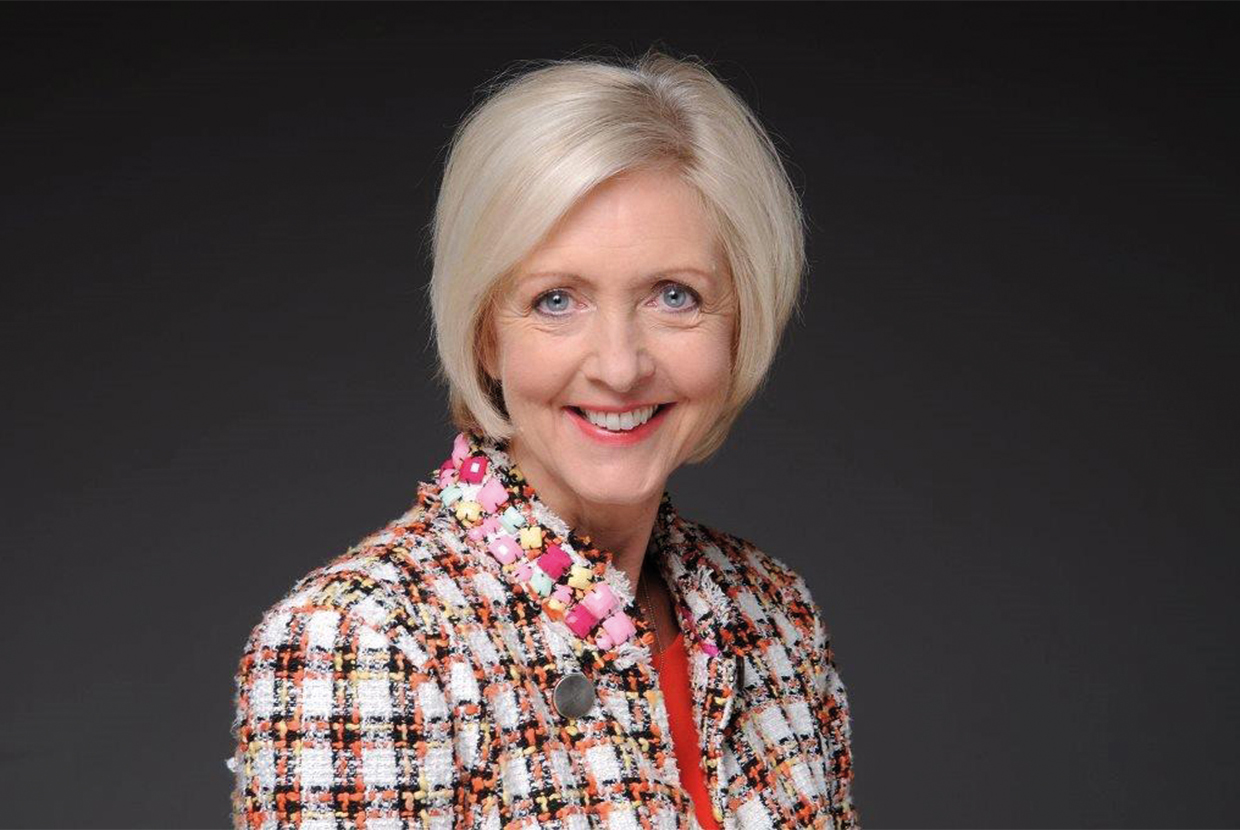Snapshot:
- Name: Jan Ward
- Company: Corrotherm
- Title: CEO
- Sector: Oil & gas
- Main export market: The Middle East
GTR: Tell us about your company and your exporting journey.
Ward: I set up the company in the UK 24 years ago to look after a specific gap in the oil and gas market in the Middle East. This has changed over the years, so we have evolved away from where we originally started.
We set out to put packages of materials together for companies doing upgrades and updating process plants. As time progressed, we started to concentrate more on the higher grades of materials and evolved into a specialist supplier of very high-grade corrosion-resistant metals to the oil and gas industry. We were always an exporter, and about 80% of what we do is for export.
GTR: What are the main challenges of working in the oil and gas industry in the Middle East?
Ward: The main challenge with the Middle East is to understand how the market works. Most people don’t really take into account all the things that need to be done to be able to operate effectively, specifically for the oil and gas industry. They don’t pay enough attention to the cultural differences and what the buying culture is.
A common mistake is that people go out there, meet three or four different people, and then appoint an agent before going home, and they think the agent is then going to start generating the business. That’s a recipe for disaster. The nature of an agent in the Middle Eastern markets for oil and gas is that they are there to sponsor you – you must partner a local company to be able to be accepted as a supplier – but you have to be there yourself talking to customers.
GTR: What are the biggest opportunities?
Ward: At the moment, it’s to bring innovation and new products to the market. Don’t go in there trying to do the same as everybody else, because there are plenty of companies there now. People still think that the market is developing, but it’s not, it’s developed, it’s now very sophisticated, and if you want to get in there, you need to have a product that fills a gap.
GTR: How do you finance your exports?
Ward: We have a range of ways: invoice finance, letters of credit, and we do contracts on open account with old, well-established customers.
GTR: Is there anything lacking in terms of trade finance in the Middle East?
Ward: No, in fact, I think it’s the other way around. I think we could learn lessons in Europe from the way things are done there. For example, if you are with a bank in the Middle East for long enough, and you prove that you are a successful business, you can open a letter of credit on a 25% deposit. You can’t do that here in the UK; if you are a small or medium-sized business, you have got to find 100% of the cost of the job before you can even take the order.
That’s a very big advantage that we have in the Middle East. But it takes time to achieve. I’ve told UK banks many times that there is a really big opportunity there for them, but their risk is too high. The banks in the UK are run by the credit teams who have never even see a customer.
GTR: Are you doing business in Iran?
Ward: We’d like to, but none of the banks will touch Iran. We’ve got lots of inquiries, we’ve done lots of quotations, and they would like to give us orders, but we don’t currently have a route for them to pay us.
I was told categorically that even the banks in the Middle East will not deal with Iranian transactions, because America is putting pressure on them. So the route that used to exist – to be able to work with Iran through a Middle Eastern company – is gone now.
GTR: Have you had problems with your bank because you were looking to work in Iran?
Ward: Yes, I got a letter from our UAE bank, saying they would like us to move along to a different bank and that our account would be closed. I know for a fact it was because of Iran. Other people I know have had the same problem.
They are missing an opportunity. The banks in the Far East are bankrolling the Iranians at the moment, and all of the businesses in Europe and other parts of the world that don’t have sanctions are losing the opportunity to deal with Iran.
GTR: As a company headquartered in the UK, are you concerned about Brexit?
Ward: Not really. There’s no point. All the speculation is meaningless because nobody actually knows what’s going to happen. So as a business, all you can do is watch what’s going on and move quickly.







